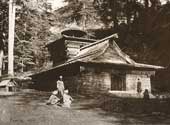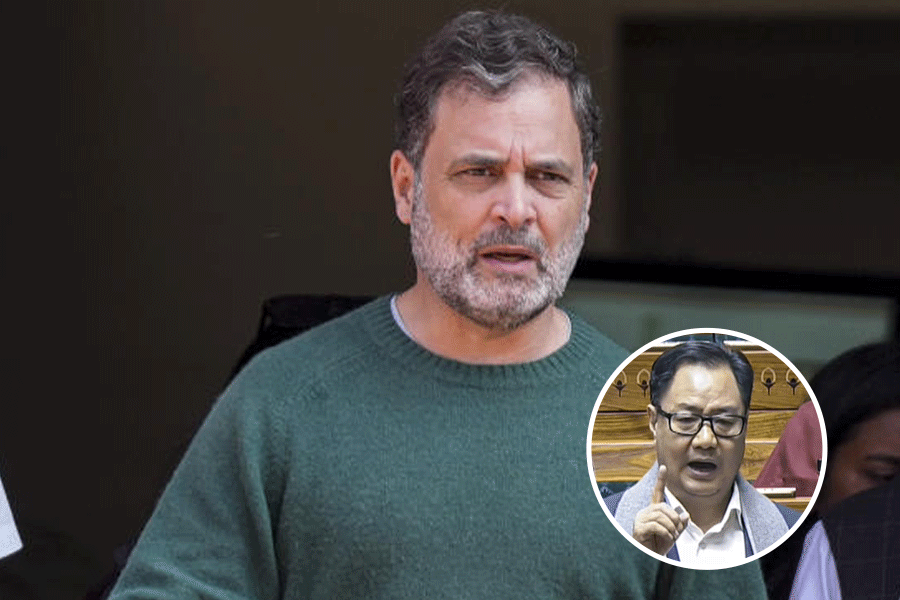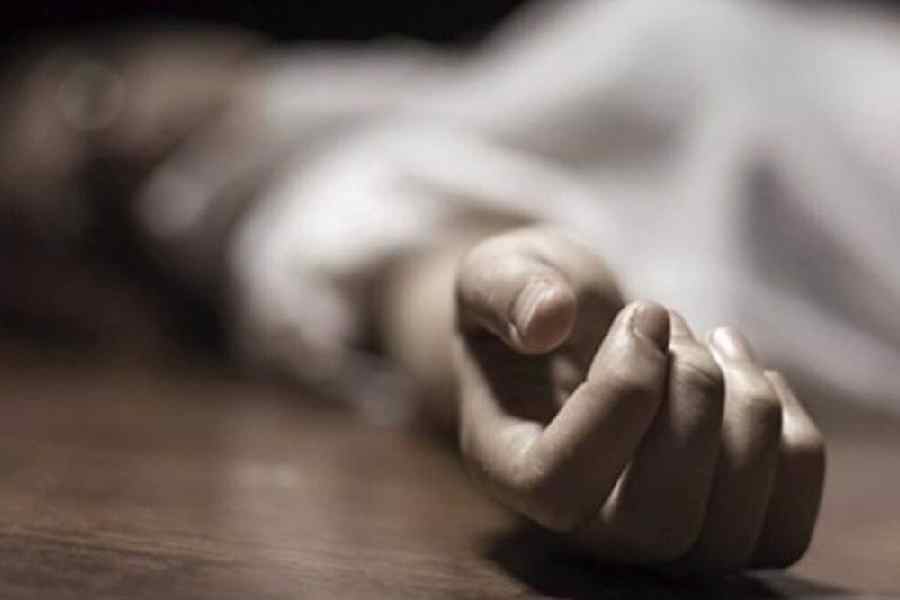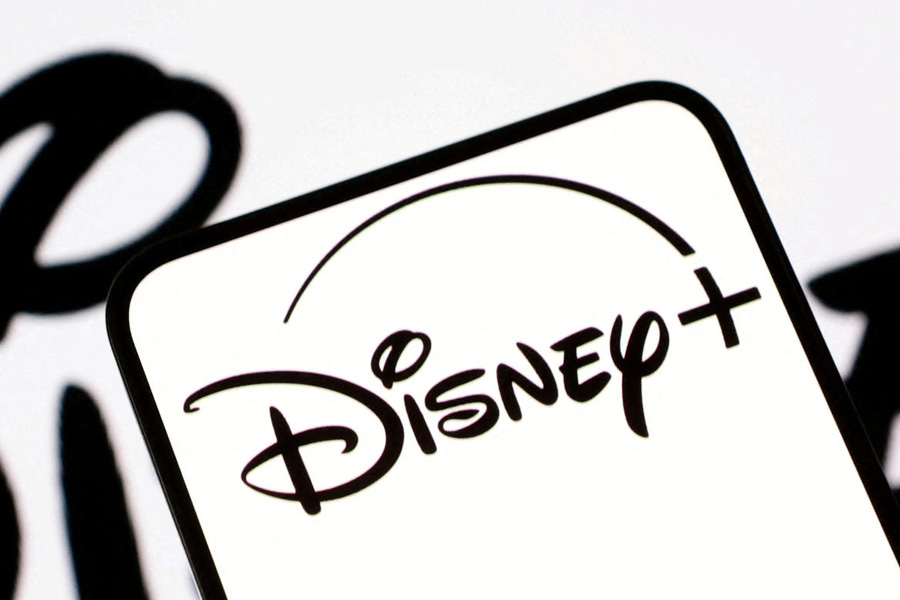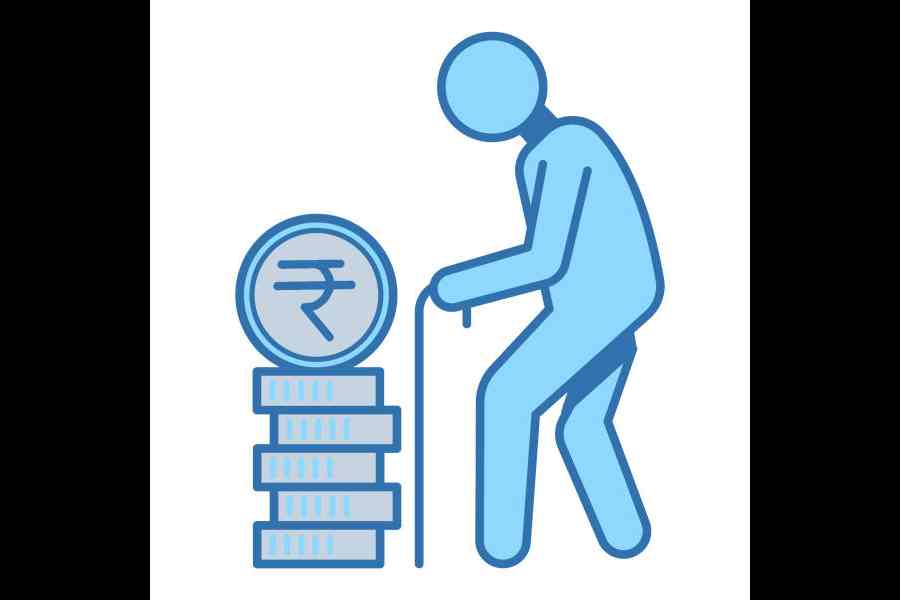 |
Only Manmohan Singh could have done it in a United Progressive Alliance government, which has no shortage of Cold Warriors. He charmed George W. Bush. During the brief media interaction at the breakfast which the American president hosted for the Indian prime minister on Tuesday, Bush deferentially addressed Singh twice in one minute as ?Sir?. According to those who can vouch for the conversation at the breakfast meeting, Bush did so more than once after the media had withdrawn from the presidential suite at the Waldorf Astoria Hotel in New York. Bush used to treat Atal Bihari Vajpayee with similar respect, repeatedly calling him ?Sir?. But according to White House insiders, such treatment of foreign leaders has been rare.
Bush is either black or white: he has no shades of grey. He either likes people or dislikes them. His sourness has put off Canada?s former prime minister, Jean Chretien, and the French president, Jacques Chirac. By Bush?s own admission, Malaysia?s former prime minister, Mahathir Mohamed, has been at the receiving end of his disdain. The British prime minister, Tony Blair, and Russia?s Vladimir Putin are of his generation, and he likes both men. So Blair is ?Tony? and Putin is ?Vladimir?. Bush is also fond of giving nicknames to people: his defence secretary, Donald Rumsfeld, is ?Rumstud? in private moments of levity, and Putin is ?Puty-put?.
It was not expected that Bush would be so deferential to Singh. To start with, their meeting was preceded by four sceptical months in Washington when, somehow, an impression gained ground that the UPA government would no longer consider ties with the US as the most important relationship for the country in the way that the NDA government used to look at bilateral engagement with Washington.
When S. Jaishankar, South Block?s primary interlocutor with the United States of America, arrived in Washington last month, shortly after being appointed to the job, this scepticism prompted officials of the Bush administration to plainly tell him exactly where India stood in the American scheme of things, especially on the number-one issue in their bilateral relations: the next steps in strategic partnership.
Among those in this US administration who fervently believe that Washington and New Delhi have much in common, some have gone out on a limb to advance the cause of deeper engagement between the two countries. In the process, they made enemies of their own peers ? in particular, many powerful men and women in the US for whom nuclear non-proliferation and the spread of other weapons of mass destruction are nothing short of an obsession.
It is these friends of India ? Ken Juster, the under-secretary for commerce, to name one ? who went about the near-impossible task of modifying America?s export control regulations to facilitate the export of high technology and dual civilian-military items to India. They were responsible for the one American action which will be cited for years to argue that Singh?s meeting with Bush has been a success: the US decision to take Indian Space Research Organization off the entity list of organizations that dangerously promote weapons of mass destruction and their delivery systems. So Jaishankar went back to New Delhi with the message that India had to take it or leave it. The message was so stark also because of the US presidential elections. If John Kerry became president, his first priority was certainly not going to be the NSSP. He may well be sceptical of the initiative, exactly in the same way as the UPA government was seen in Washington.
Even if Bush won a second term in November, officials like Juster may not remain in their present jobs. They may be rewarded by Bush for their work in his first term with different, if better, jobs. The national security adviser, Condol- eezza Rice, who has repeatedly intervened in India?s favour, may not remain in the White House and may join the cabinet instead. And if Kerry is elected, no one among these friends of India will even be in the new administration.
By the time the foreign secretary, Shyam Saran, concluded two days of marathon talks with key players in Washington last week, confidence had been restored within the Bush administration that contradictions built into the UPA?s composition would not, after all, come in the way of strengthening the Indo-US equation under this coalition?s watch in New Delhi. All the same, there was anxiety on both sides about how the first meeting between Bush and Singh would actually turn out. Last week, as a prelude to the summit, protocol officials in the White House ensured that Ronen Sen, the new Indian ambassador to the US, presented his credentials to Bush in time for this meeting. The exchange between Bush and Sen at the credentials ceremony did not help in setting at rest this anxiety, according to American sources. While no one doubts Sen?s intellectual strength or his diplomatic skills, it was clear during the presentation of credentials that Sen lacked the social graces of his immediate predecessor, Lalit Mansingh, and the earthy charm of Naresh Chandra, Mansingh?s predecessor.
The conversation between Sen and Bush was matter-of-fact. To some it even appeared that things did not augur well for Tuesday?s breakfast. But when Bush and Singh actually met, everything changed. Singh began his meeting with Bush with the words, ?Under your distinguished leadership, our two countries? relations have grown in diverse ways, but I do believe that the best is yet to come.?
It was a clincher. Acutely deficient in qualities that have made history?s great leaders, Bush is a sucker for praise, and is also acutely conscious of his pedigree in American politics. In 2001, three months after becoming president, another Singh ? the then external affairs minister, Jaswant ? swept Bush off the grounds of the White House Rose Garden when he told the president that his father had taken the early steps to change America?s relations with India for the better, and that the son of George Herbert Walker Bush now had the historic opportunity to take his father?s initiative forward.
And this White House did just that. By the time L.K. Advani, then the Union home minister, met Bush, the president had grown so comfortable with the idea that India is a friend that he compared himself to Advani. ?I am known as the Toxic Texan. I speak my mind. I am told you are like me,? Bush said to Advani at their first meeting.
It is important, therefore, that there was good chemistry between Bush and Singh at their first meeting on Tuesday. The rest will fall in place. Bush is not given to deep dissection of policies or global affairs. His impressions are formed by what he is told by trusted aides like Condoleezza Rice, or in the case of India, big fund-raisers like Florida?s Indian-American multi-millionaire doctor and family friend, Zach Zachariah ? a Bush ?Ranger?, the term used for those who have raised at least $ 200,000 for the president?s re-election effort.
For Bush, Singh?s reputation came ahead of Singh. The prime minister represented everything Bush touts: liberal economics, faith in democracy, a willingness to work with the West, but most of all, a lack of intellectual arrogance or self-righteousness. There are few others in the UPA cabinet who could have charmed Bush. Most others, including the external affairs minister, Natwar Singh, who accompanied the prime minister to the breakfast summit, have an ideological baggage that would have stuck out like a sore thumb with Bush. Someone like the finance minister, P. Chidambaram, would show complexes that would have immediately put Bush off. (Perhaps, the only exception would have been Pranab Mukherjee.) But what matters now is that Singh has ensured that should Bush be re-elected in November, the best in Indo-US relations is ?yet to come?.

